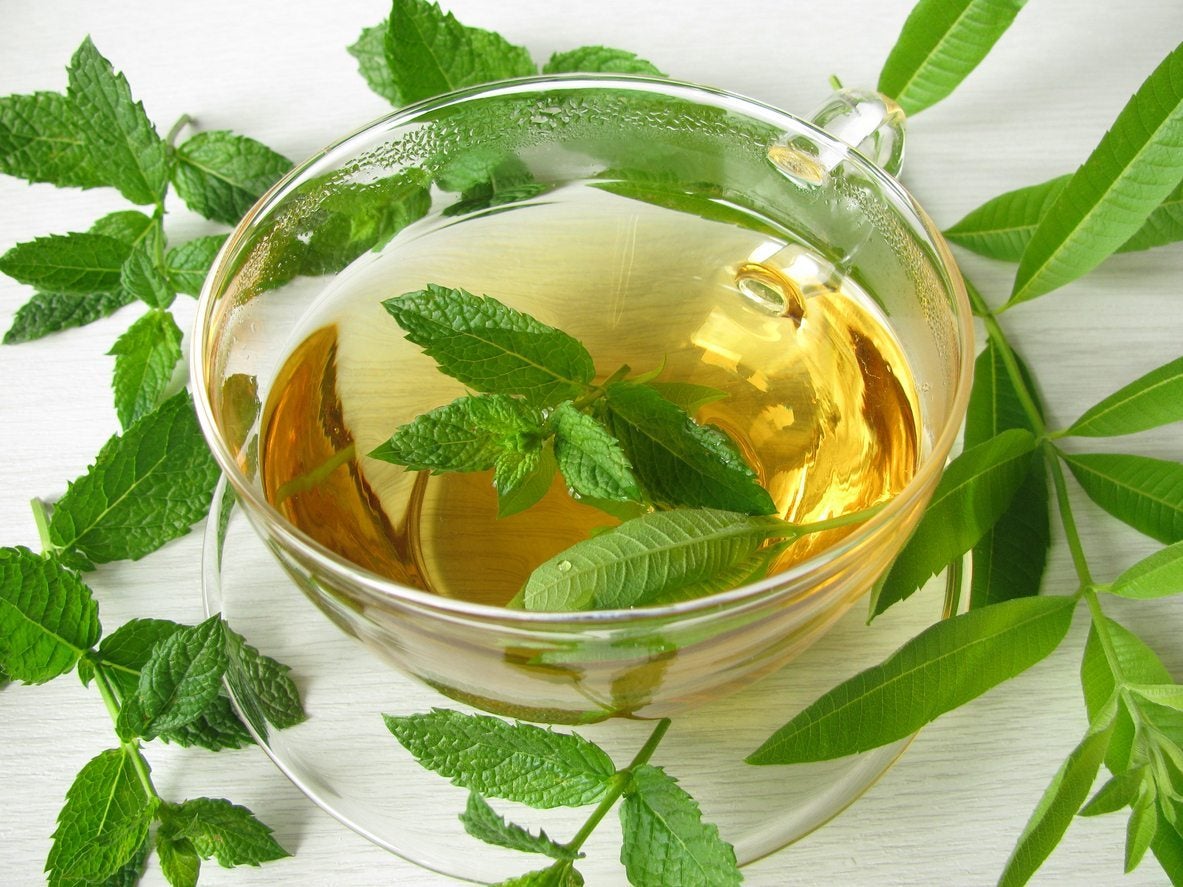Verbena Herbal Uses
There have been many ways to use verbena plants – most often vervain varieties or that of lemon verbena. Victorian ladies valued the refreshing scent of lemon verbena, often tucking a sprig into a hanky or rubbing a leaf on the back of their neck, but what about verbena in cooking and verbena as medicine?
Using Verbena as Medicine
Verbena may contain powerful anti-inflammatory compounds, and the above-ground parts of verbena plants have been used to treat a number of conditions and complaints. For example, the plant may relieve pain associated with arthritis or gout. Additionally, many people use verbena to treat bruises, burns, itching, and other skin conditions. Verbena may relieve symptoms of the common cold and upper respiratory problems. A verbena gargle may sooth sore throat. Verbena is sometimes used to treat sinus problems, often in combination with other herbs. Some people think verbena may be an effective treatment for kidney and liver problems, urinary tract disorders, gall bladder disease, and digestive problems, including constipation, diarrhea, and gas. Although it hasn’t been proven, verbena is sometimes thought to be an effective treatment for depression and anxiety. Note: Don’t use verbena (or any other herb) without discussing your health problem with a physician or other health care provider.
How to Use Verbena in the Kitchen
There are many types of verbena, and while many are attractive, the flavor is bitter and unpleasant. Lemon verbena, however, provides a citrusy aroma and lemon-like flavor to a long list of dishes. For this reason, using lemon verbena in cooking is a common practice. Keep in mind that the flavor is quite intense, so use a light touch when adding lemon verbena leaves to your culinary dishes, such as:
Tea Cocktails Tarts and other fruity desserts Ice cream Sauces Whipped cream Poached pears or peaches Vinaigrette Fruit salads Jams and jellies Flavored butter Cakes, cookies or muffins Fish Pork or beef Poultry dishes
Disclaimer: The content of this article is for educational and gardening purposes only. Before using or ingesting ANY herb or plant for medicinal purposes or otherwise, please consult a physician or a medical herbalist for advice.
